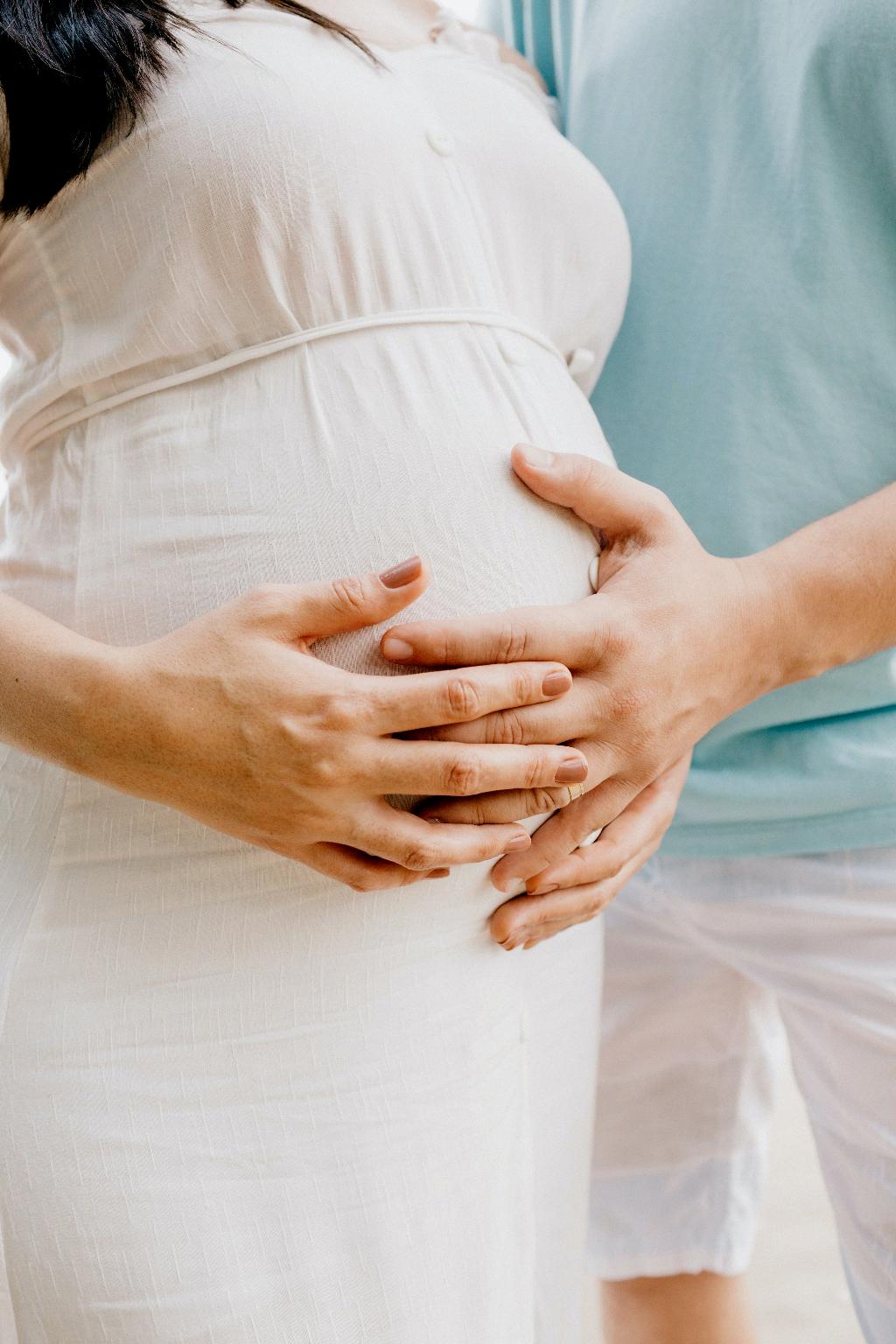Home pregnancy testing has been a convenient and reliable method for individuals to determine pregnancy status in the comfort of their own homes. With promises of over 99% accuracy when used correctly from the day of the expected period, these tests have become popular choices for many women eager to know if they are expecting.
It is essential to follow the instructions provided with the at-home pregnancy test carefully to ensure the most accurate results. Factors such as the timing of the test in relation to the expected period and the sensitivity of the test can influence the reliability of the results.
The claimed accuracy rates of easy at-home pregnancy tests, exceeding 99%, are based on proper usage and adherence to the manufacturer’s guidelines. However, individual variations in hormone levels and testing errors can still impact the outcomes, leading to false positives or negatives.
Despite the high accuracy rates advertised by many home pregnancy test brands, it is crucial to understand that no test can guarantee absolute accuracy. False results can occur due to reasons such as expired tests, improper storage, or underlying medical conditions affecting hormone levels.
While easy at-home pregnancy tests offer a quick and private way to determine pregnancy status, it is advisable to confirm the results with a healthcare provider for further accuracy. Healthcare professionals can conduct blood tests and ultrasounds to provide a definitive answer regarding pregnancy.
For individuals using easy at-home pregnancy tests, it is essential to be aware of the limitations of these tests and the possibility of false results. Negative outcomes should not always be taken as definitive, and repeating the test or consulting a healthcare provider can offer clarity and peace of mind.
As with any medical test, the accuracy of at-home pregnancy tests can vary based on individual factors and external influences. Factors such as the timing of ovulation, irregular menstrual cycles, or recent fertility treatments can affect the reliability of the test results.
Individuals experiencing conflicting results or uncertainty after using an at-home pregnancy test should seek guidance from healthcare professionals. A healthcare provider can offer support, guidance, and additional testing to confirm pregnancy status and address any concerns.
Easy at-home pregnancy tests can provide quick results and convenience for individuals, but it is crucial to interpret the outcomes with caution. Understanding the limitations and potential inaccuracies of these tests can help individuals make informed decisions regarding their pregnancy status.
While the high accuracy rates claimed by easy at-home pregnancy tests may offer reassurance to many individuals, it is essential to approach the results with a balanced perspective. Confirmatory testing and consultation with healthcare providers can provide a comprehensive understanding of one’s pregnancy status.
In conclusion, easy at-home pregnancy tests can be valuable tools for individuals seeking to determine pregnancy status quickly and privately. However, understanding the factors influencing test accuracy, interpreting results cautiously, and seeking medical confirmation when needed are essential steps in ensuring reliable outcomes.

